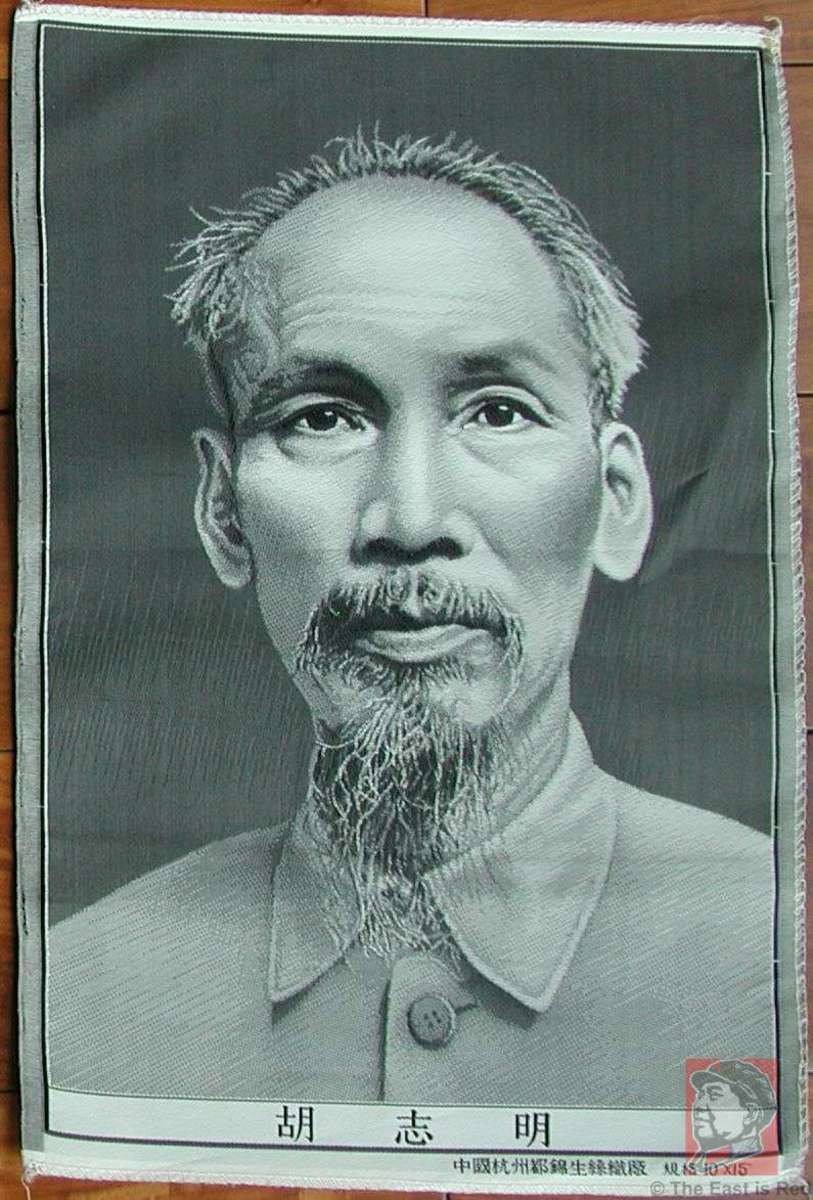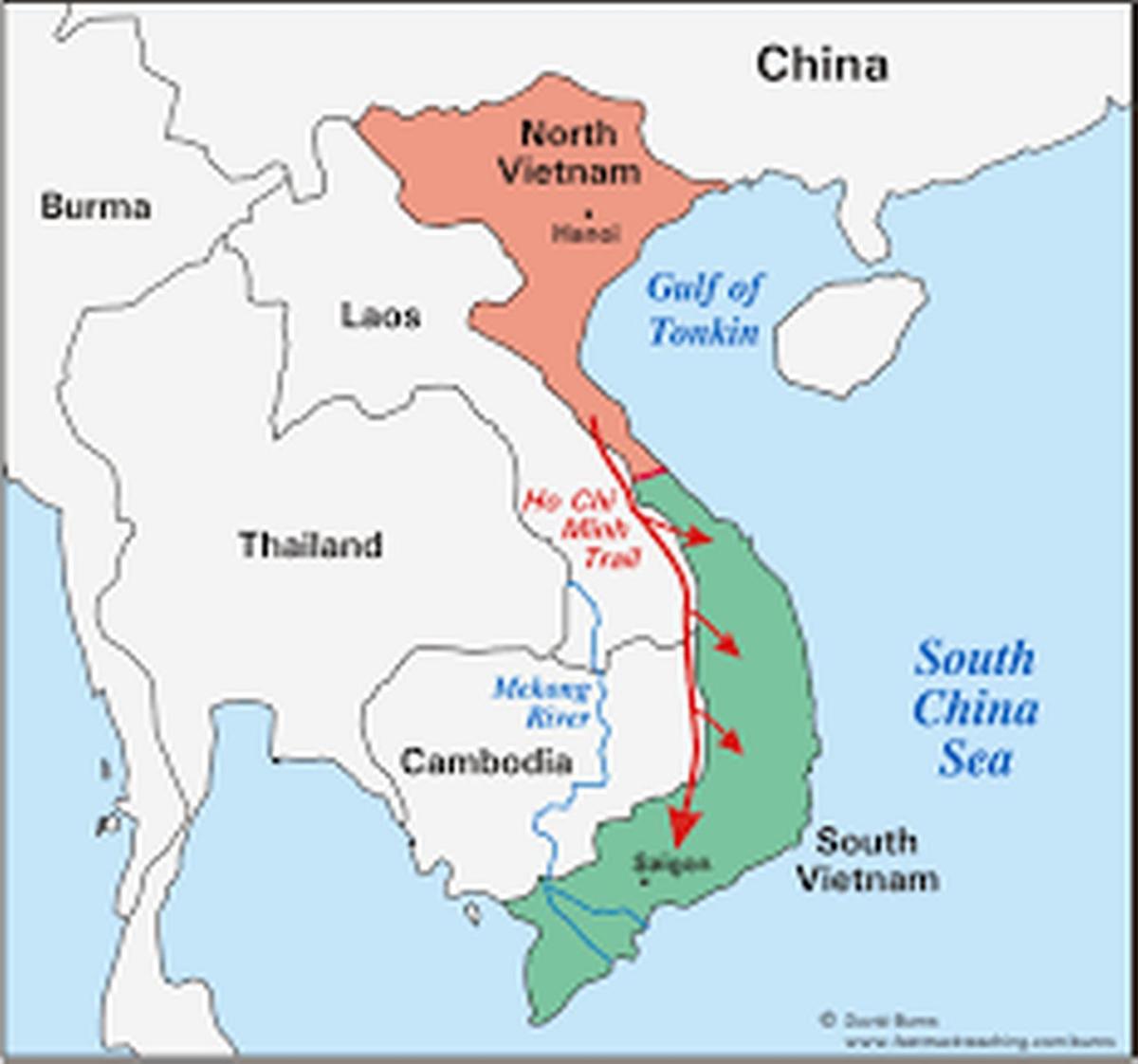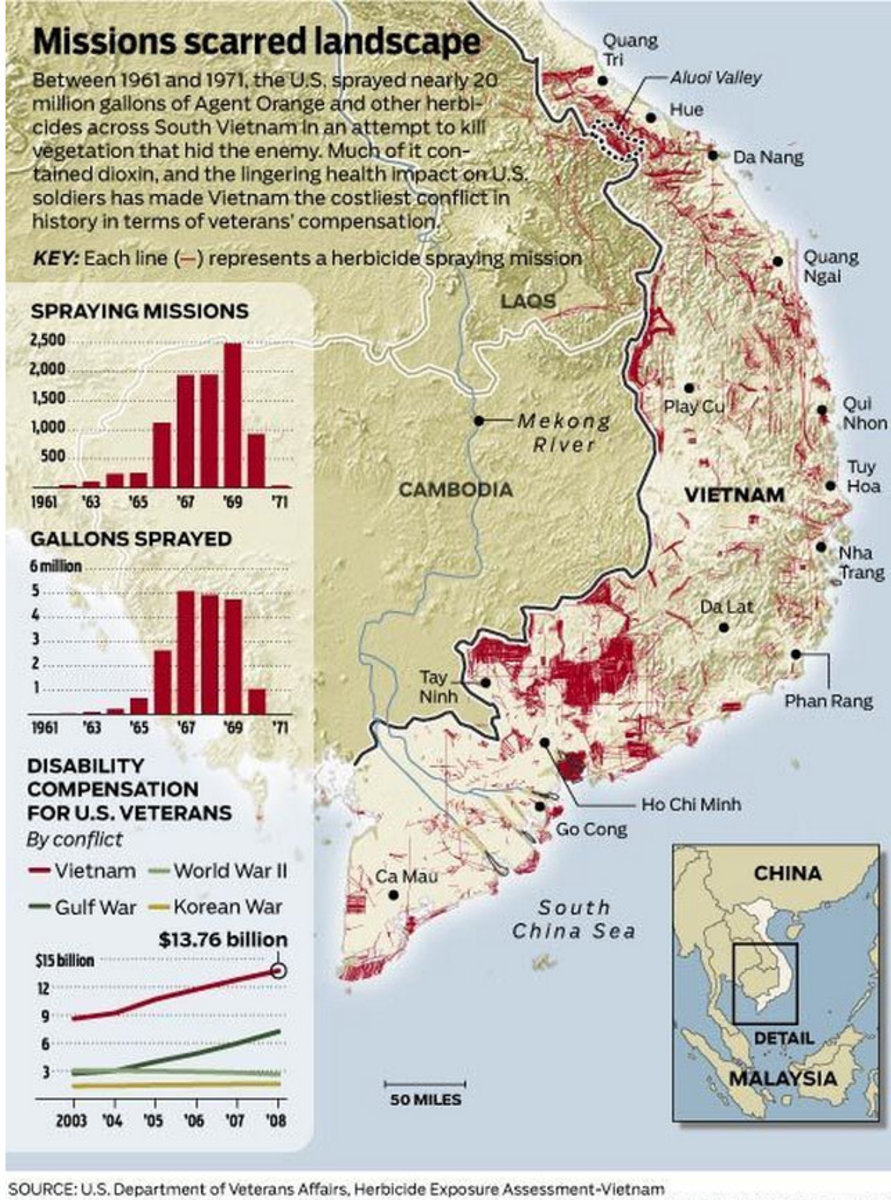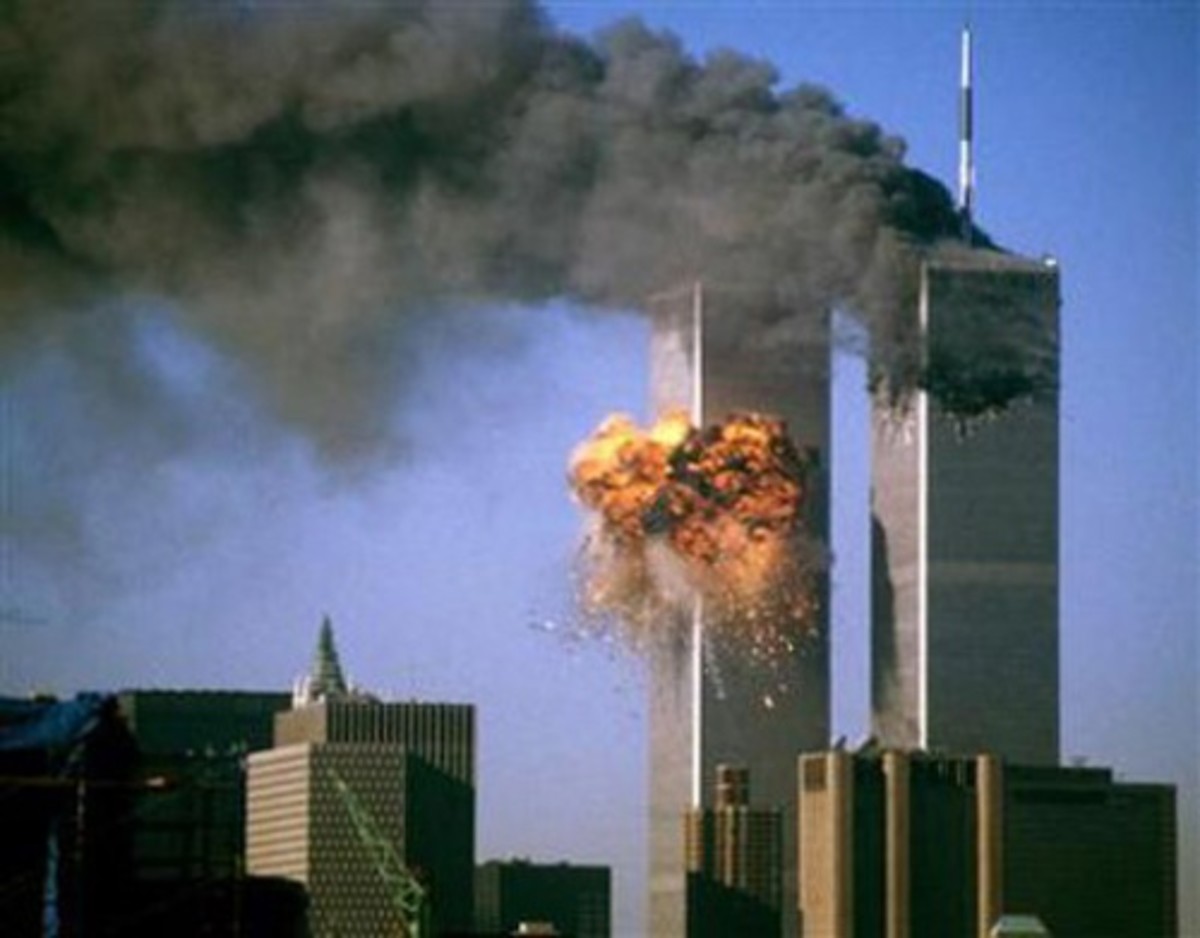The Vietnam War and the media coverage
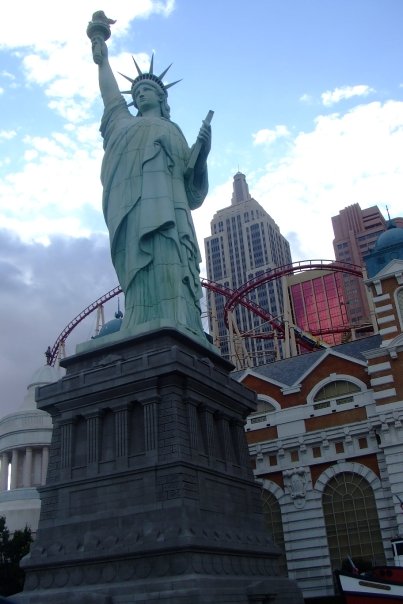
Most Americans feel that the Vietnam War was lost due to the press. The United States offers more freedom than any other country. Sometimes this freedom is taken for granted, which may have been the case in Vietnam. No one can definitely say what the outcome of the war would have been had the press not had such a vast amount of freedom.
The First Television War
Television replaced newspapers as the most important communication medium in American politics by around the mid twentieth century. The television took America to the war in Vietnam during the 1960’s. The US administration, contrasting from the majority of governments at war, made no official attempt to censure the reporting in the Vietnam War. As a result every night, Americans watched the horrors of war on television.
Media coverage of Vietnam was strikingly different from that of World War II, when the government and press were allies in what was seen as a “necessary and just war”.
Media Politics
The government was unable to interfere with the media to help themselves. In 1968, CBS anchor Walter Cronkite journeyed to Vietnam for a first-hand look at the state of the war. In an extraordinary TV special, Cronkite reported that the war was not being won, nor was it likely to be. Watching from the White House, Johnson sadly remarked that if he had lost Cronkite, he had lost the support of the American people. This showed how the president did not communicate effectively with the media to get what he wanted.
Television coverage of the Vietnam War had a harmful impact on the conduct of that war. The public's information about the war was obtained, to a very great degree, from the media, a media that was buttressed for the first time by a new and powerful medium, television. The power and impact of television was the deciding factor in turning American opinion from one of supporting the U.S. defense of South Vietnam to one of opposing it.
The Print Media
The ratification of the First Amendment in 1791, guaranteeing freedom of speech, gave even the earliest American newspapers freedom to print whatever they saw fit. This meant that the media could expose the bad side of government. Many actions the print media acted on are believed to have caused a lack of support for the Vietnam War. The New York Times v. U.S better known as "The Pentagon Papers" where thepress won the daysaw the Pentagon Papers being published.This ruling opened the door for the media’s coverage of Vietnam and gave the media a huge victory regarding freedom of the press during wartime.
The print version of the media put into effect their liberty quite in the same way as television. Pictures showing a 9-year-old Vietnamese girl burning from napalm, and screaming in agony as she frantically ran down the street of her small village gave America and the world a view into what was happening. The heat and flames that burned away her clothing demonstrated to the rest of the world just how cruel war could be. This girl was just one of many that suffered from these napalm attacks. Papers and magazines around the world ran this photo, portraying the United States as ruthless and cruel.
International media
More than thirty ABC correspondents and camera crew were officially recognized to cover the Vietnam War from 1965 onwards. But the ABC had been covering Vietnam on assignment from the Singapore bureau since the late 1950s.
From 1965 when US combat troops entered the war, the ABC maintained a permanent presence in Vietnam. The Vietnam War put reporters' voices to air in ABC radio news and current affairs programs.The Vietnam War brought the first real opportunities for actuality reporting, as reporters made use of the first rugged lightweight tape recorders that stood up well to harsh field conditions.
Conclusion
Newspaper reporters and television commentators were free to question the wisdom of fighting the war. The United States had to withdraw from Vietnam because the public no longer would tolerate the never-ending casualties and when the North Vietnamese violated the terms of the cease fire agreements formally signed in Paris and overwhelmed South Vietnam. Americans concluded they had had enough. Biased reporting of the Tet offensive persuaded the American public and the government that the war was being lost and the only option was to withdraw from Vietnam.
North Vietnamese were able to watch the same news and see what was going on regarding the United States’ war efforts. The media also played a huge role in lowering the morale of the soldiers and the support of the people back home. From a journalistic point of view, freedom of the press is a huge constitutional right established in the United States. However, the media must remember to get their story right and be responsible with this constitutional right.

